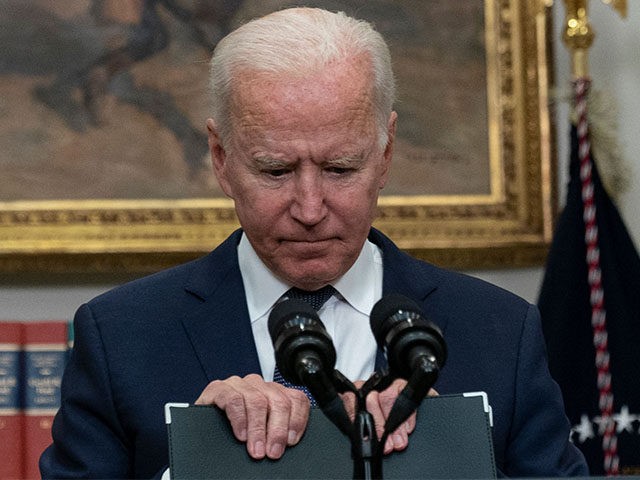The number of Americans filing new claims for unemployment benefits dropped to 310,000 in the week prior to the end of the pandemic boost to payments, the Department of Labor reported Thursday.
Economists had forecast 344,000 new claims, which would have been an increase of 4,000 over the prior week’s preliminary estimate. That week’s claim was revised up to 345,000, meaning claims dropped by 35,000.
The four-week moving average was 339,500, a decrease of 16,750 from the previous week’s revised average. Many economists consider the four-week average a better gauge of the labor market because it smooths out week to week volatility.
The number of continuing claims declined 2,783,000, a decrease of 22,000 from the previous week’s revised level. The four-week average was 2,840,250, a decrease
of 29,000 from the previous week’s revised average.
Twenty-six states, almost all Republican-led, ended the federal enhancement of benefits and extended benefits early, in an effort to eliminate the disincentives to accept work that many businesses say the extra money and time on the unemployment roles were creating. The enhancements in the remaining 24 states ended on September 6.
The highest insured unemployment rates in the week ending August 21 were in states that continued the federal enhancements until the mandatory conclusion of the programs: New Jersey (3.6), California (3.4), Illinois (3.3), New York (3.0), Rhode Island (3.0), Connecticut (2.9), and Hawaii (2.6). Puerto Rico, the District of Columbia, and the U.S. Virgin Islands also had high levels of persons receiving unemployment benefits compared with the rest of the U.S.

COMMENTS
Please let us know if you're having issues with commenting.